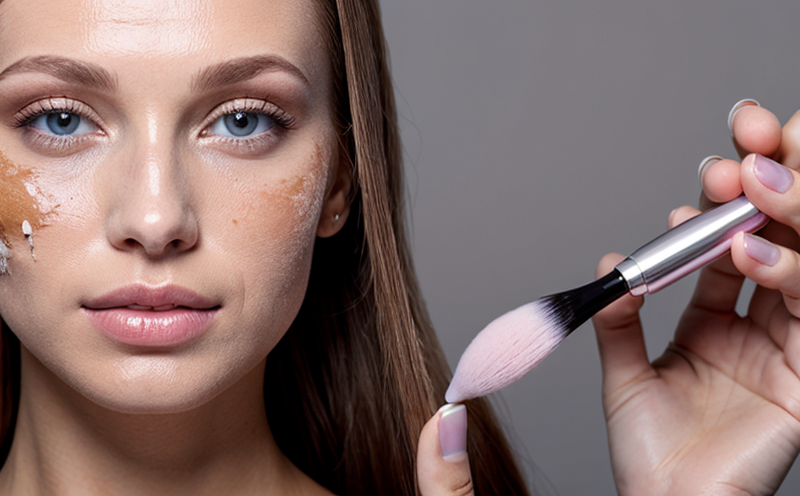Toxicological Risk Assessment Testing for Cosmetics
Understanding and managing toxicological risks is a critical aspect of developing safe cosmetics products. This service provides comprehensive testing to ensure that cosmetic formulations meet stringent safety standards, comply with international regulations, and are free from harmful substances. Regulatory compliance in the cosmetics industry is not only about meeting legal requirements but also protecting public health by minimizing exposure to potential toxins.
The process begins with a thorough evaluation of raw materials used in product formulation. This includes assessing the ingredients for their inherent toxicity levels and potential for allergenic reactions. Our experts employ advanced analytical techniques such as liquid chromatography, gas chromatography, and mass spectrometry to identify trace contaminants and impurities that could pose risks.
Once identified, these compounds are evaluated using in vitro and in vivo models to determine their toxicological impact. In vitro methods involve tests on cell cultures or tissue samples, which provide a preliminary indication of potential toxicity without the need for live animals. For more definitive conclusions, we conduct in vivo studies where actual animal testing is necessary but strictly adhered to ethical guidelines and minimization principles.
The results from these assessments are then used to calculate acceptable exposure limits (AELs) based on international standards like ISO 18523-1:2017. These limits ensure that the final product does not exceed safe thresholds for consumers, especially those with sensitive skin or other vulnerabilities.
Our laboratory adheres strictly to best practices and uses state-of-the-art equipment to deliver accurate results consistently. We employ skilled toxicologists who interpret data comprehensively, ensuring compliance with all relevant regulations globally including EU Cosmetics Regulation (EC) No 1272/2008 and US FDA guidelines.
By partnering with us, you gain access to cutting-edge technology and experienced professionals dedicated solely to safeguarding the safety of your cosmetic products. Our team works closely with clients throughout every stage of testing, providing detailed reports that not only meet regulatory requirements but also offer valuable insights into improving product quality.
Why It Matters
The importance of toxicological risk assessment cannot be overstated in the realm of cosmetics. Consumer trust is paramount, and ensuring safety should always be at the forefront. Non-compliance with regulations can lead to severe consequences including fines, product recalls, damage to brand reputation, and potential legal actions.
- Regulatory compliance helps maintain consumer confidence by assuring them that their chosen products are safe for use.
- Avoiding harmful ingredients protects consumers from adverse health effects such as dermatitis or systemic toxicity.
- Incorporating rigorous testing protocols during development stages reduces costs associated with post-market issues and ensures successful market launches.
Moreover, complying with global standards enhances international trade opportunities by meeting diverse regulatory requirements across different markets. This is particularly important for multinational companies operating internationally or those seeking to expand their presence globally.
Industry Applications
The application of toxicological risk assessment extends beyond mere compliance; it plays a vital role in the overall quality assurance process within the cosmetic industry.
- New Product Development: Early-stage screening helps identify potentially problematic ingredients before they are fully integrated into formulations.
- Labeling and Packaging: Accurate risk assessments assist in determining appropriate warnings or disclaimers on labels, ensuring transparency with consumers regarding product safety.
- Ingredient Optimization: Understanding toxicological profiles allows for better ingredient selection leading to safer yet effective products.
- R&D Innovation: Continuous evaluation fosters innovation by encouraging exploration of novel ingredients and formulations that meet stringent safety criteria.
In addition, regular monitoring post-launch contributes to ongoing product improvement. This proactive approach ensures that even minor changes or updates are made responsibly with consumer health in mind.





